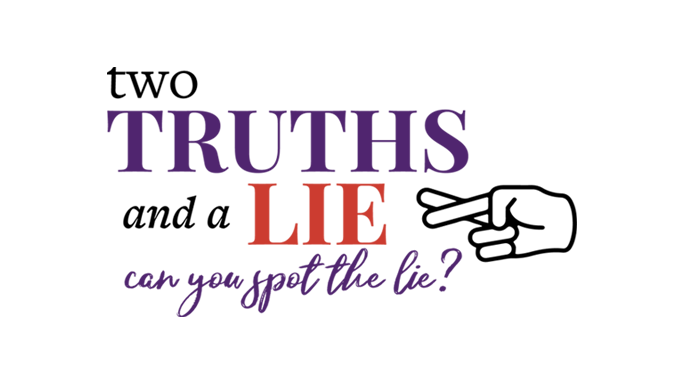Everyone loves the party game/icebreaker “two truths and a lie.”
Can you identify which of the following is NOT true about school choice?
A. School choice improves the performance of public schools.
B. School choice students may be less tolerant of a variety of different viewpoints or identities as a result of attending private school.
C. Students who use a school choice scholarship are less likely to commit crimes as young adults.
Let’s take these statements one at a time:
A. TRUTH!
Although we hear a lot about how school choice harms public schools, the evidence shows the exact opposite. Out of 27 empirical studies that have been conducted on the impact of a variety of educational choice programs (such as charter schools, vouchers, or other programs) on the academic performance of public schools, 25 of them have found positive influence. That is, academic results in public schools actually went up as a result of their students having a choice option.
The competition from school choice options can drive public schools to better serve parents and students, who now have alternatives if the traditional public school fails to serve them well. School choice isn’t just a win for the students who use the programs, it’s also a win for those who choose not to.
Another important result of competition between schools for students and education dollars is leverage for parents. In the past year, we’ve seen parent voices easily ignored by school districts that remained closed in contravenance of scientific evidence. At the start of the fall school year, just five percent of private schools did not have in-person learning options, but over half of public school students had no access to those options. Leverage works.
B. LIE!
Some people have speculated that students who use school choice programs to attend public schools will be somehow more insulated, or fail to be exposed to the wide array of backgrounds of students in the public system. Others worry that not having those experiences may make them less able to interact with people who are different from their immediate environment, or make them somehow less tolerant of our diverse society.
However, not only is there no evidence that school choice students are less accepting of others, there’s actually evidence that school choice improves civic tolerance. School choice students in a program in Washington D.C. were asked which “group” they most opposed or disliked, and then asked if that group should be permitted to exercise certain rights, like give a speech or run for president. The students who used the scholarship to attend a private school were more likely than those who lost the lottery for that opportunity to respect the rights of those different from them.
Indeed, one of the most important advantages school choice offers is giving parents more control to push back against divisive lessons or curriculum.
C. TRUTH!
A study of students who had used Milwaukee’s voucher program – one of the longest-running in the country – found that they were 79 percent less likely to have been convicted of a felony as young adults, compared with a public school student matched on socioeconomic indicators, incoming test scores, and residential neighborhood. Similar massive drops in conviction rates were found for drug and theft convictions, 93 and 87 percent respectively.
Researchers from Harvard and Princeton Universities have also studied the impact of certain charter schools on criminality, and found that, for example, boys enrolled in Promise Academy, a charter in Harlem, were 100 percent less likely to be incarcerated.
These numbers represent fewer lives – both victims and perpetrators – torn apart by the effects of crime, and show that one of the best ways to reduce crime is to offer opportunity through school choice.
Conclusion:
There are a lot of myths out there surrounding school choice, but people should take many claims of harm with a grain of salt. Instead, the research suggests that empowering families with school choice improves academic performance and graduation rates, gives parents leverage over controversial district decisions, lowers criminality, and helps build more engaged and tolerant citizens – outcomes we all can cheer!

